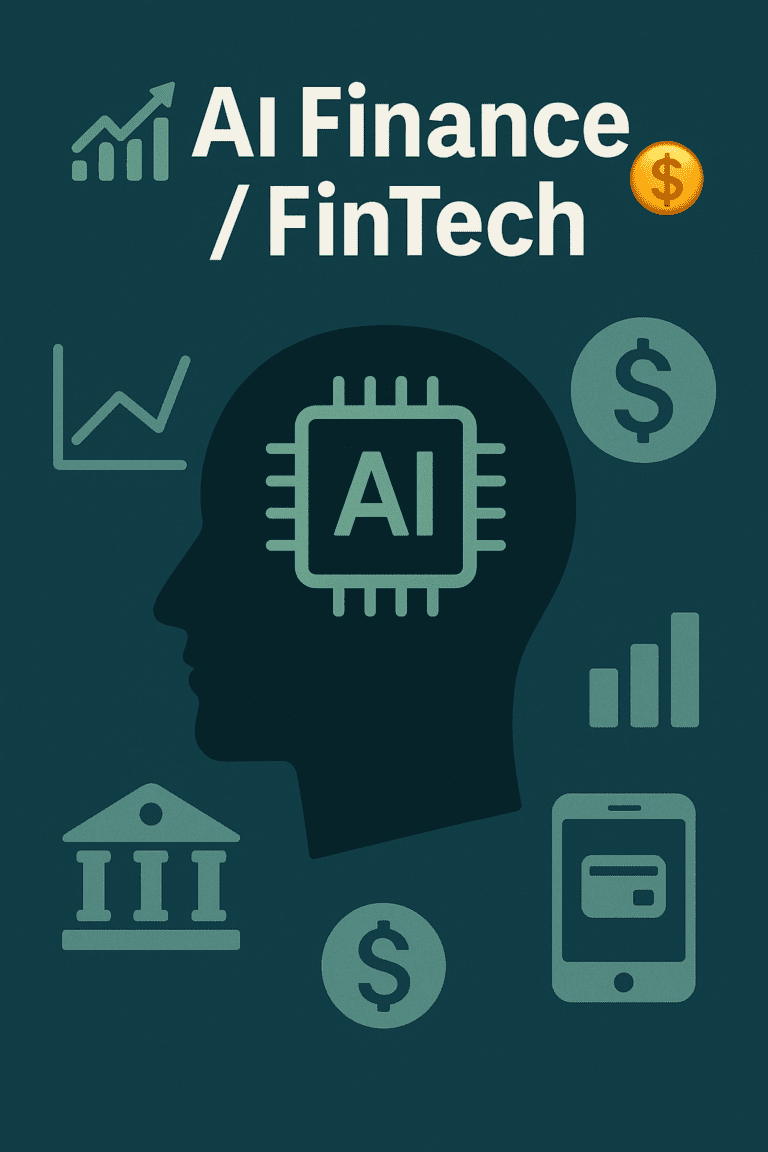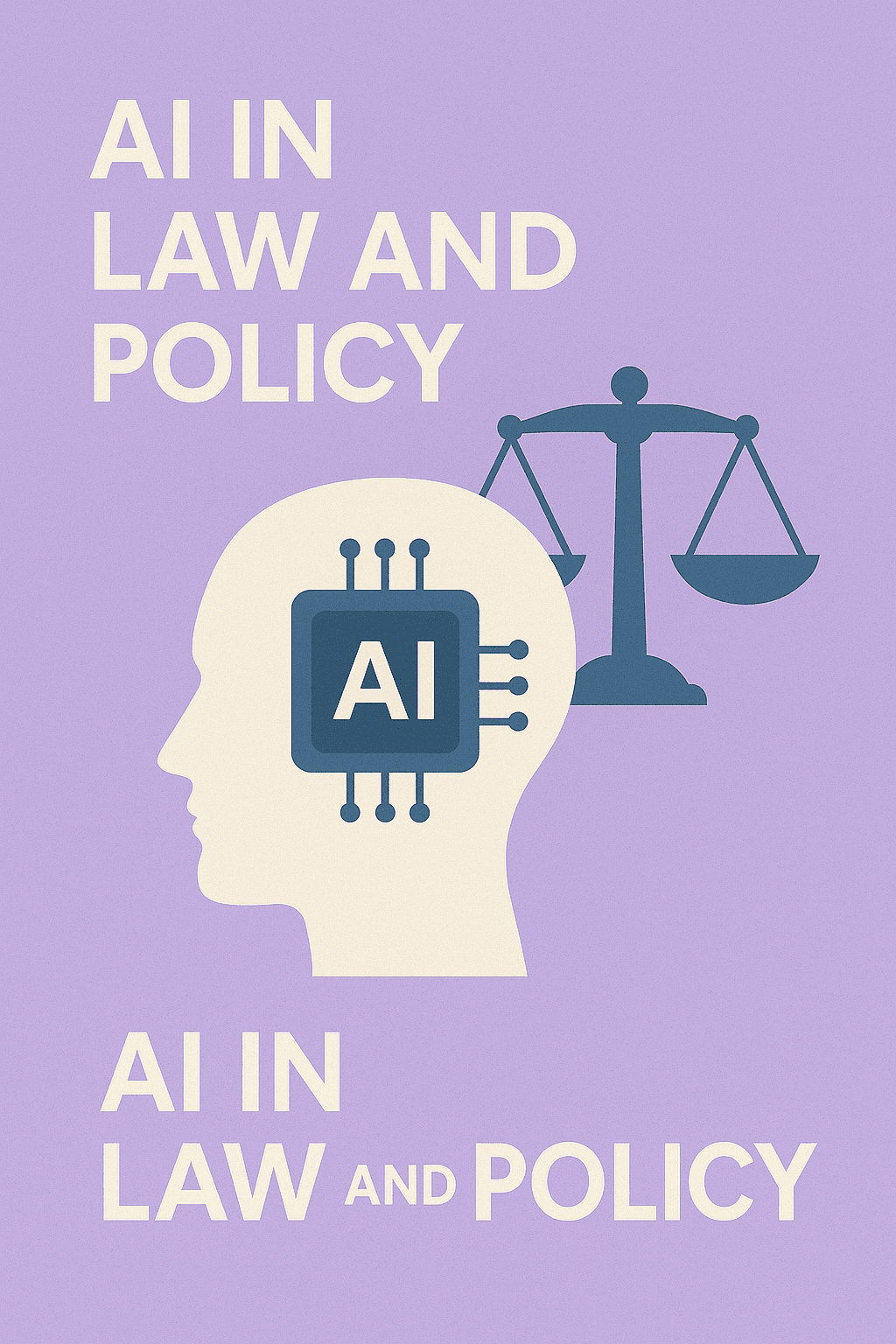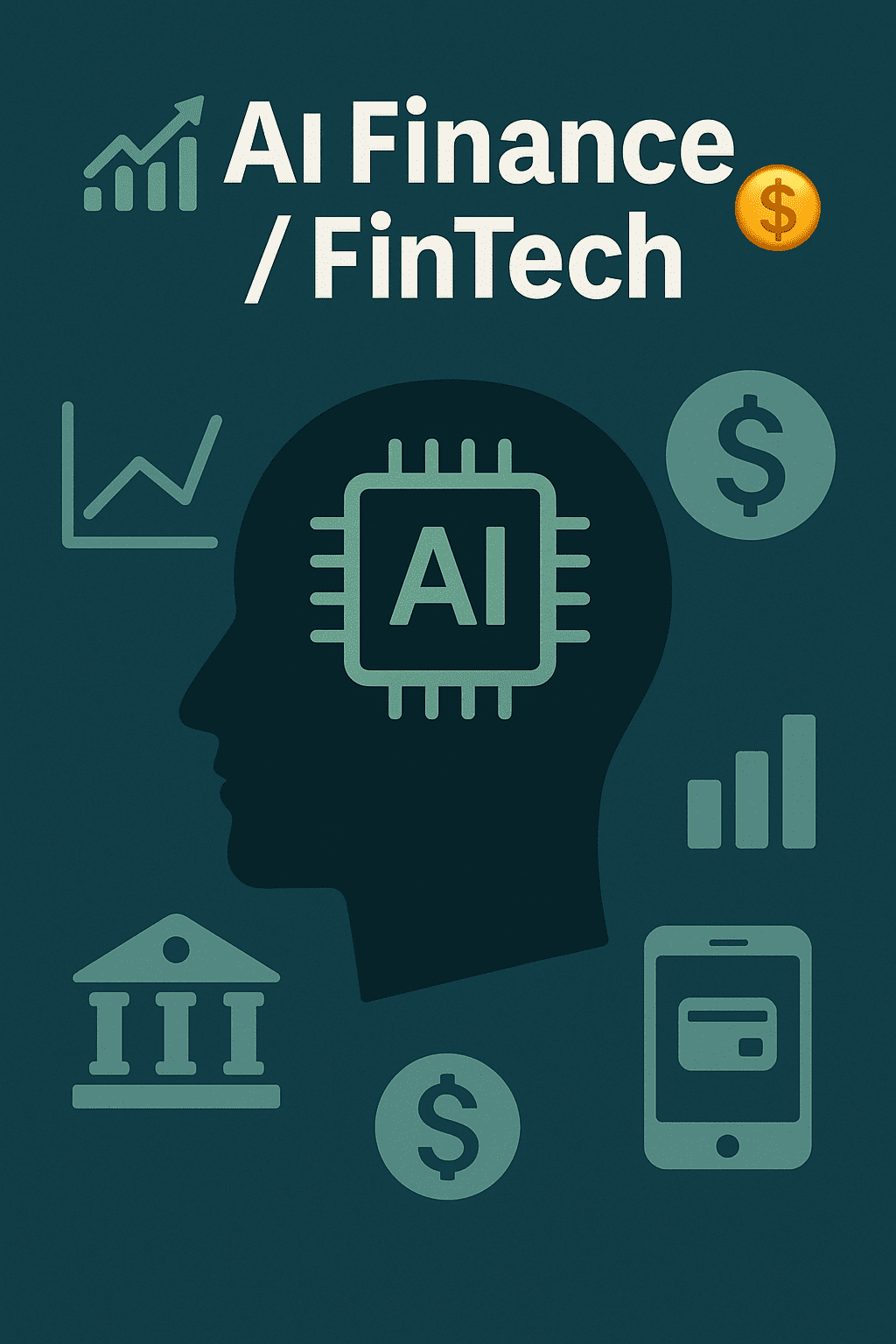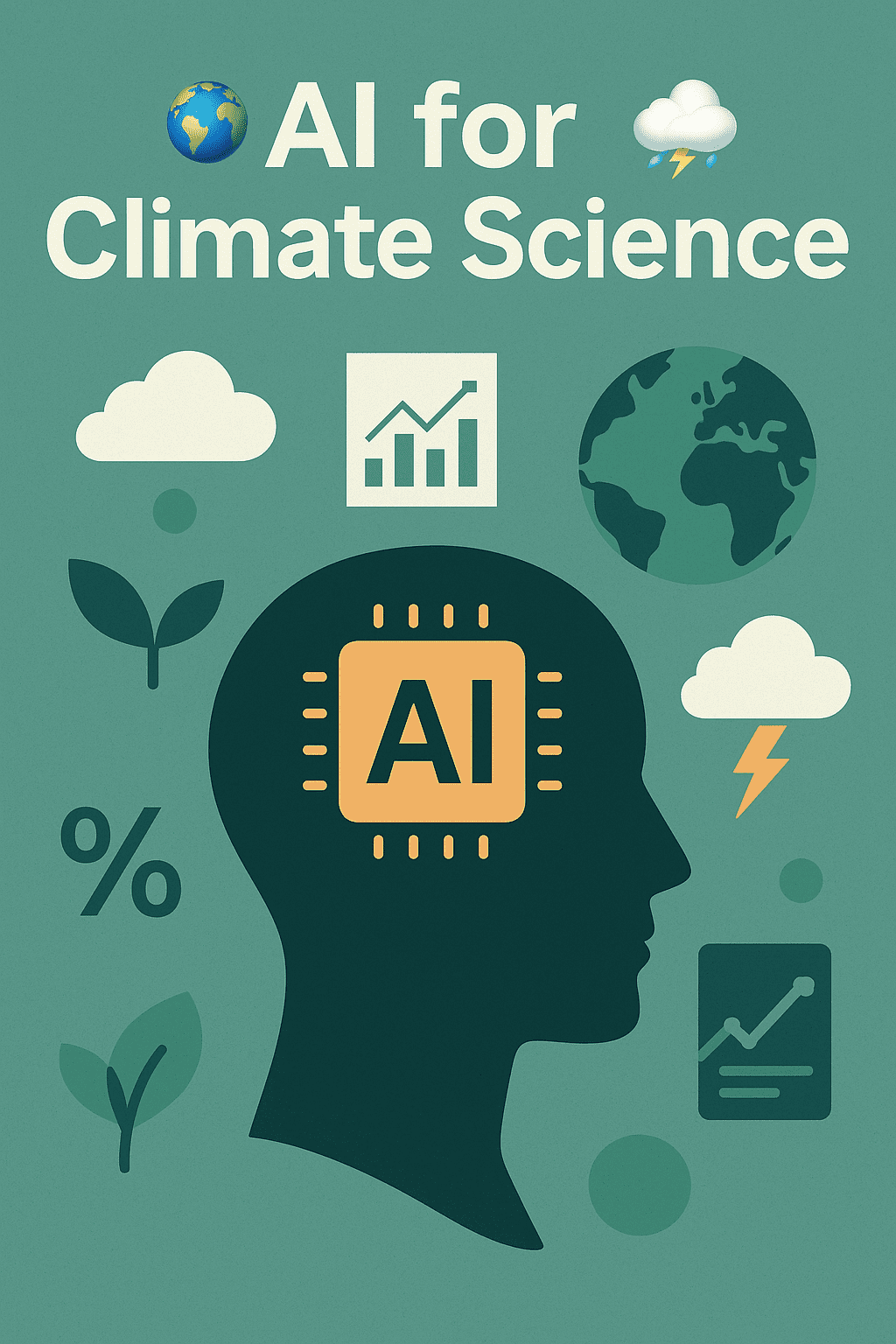💹 AI in Finance & Fintech

AI in Finance & Fintech
Transforming Financial Services with Intelligent Innovation
🧠 Introduction
Artificial Intelligence (AI) is revolutionizing the financial industry by enhancing decision-making, automating processes, and personalizing customer experiences. From banking and investment management to insurance and regulatory compliance, AI-driven solutions are reshaping how financial services operate and deliver value.
🔍 Key Applications of AI in Finance
1. Fraud Detection and Risk Management
AI algorithms analyze transaction patterns in real-time to identify anomalies and potential fraud, enabling swift action to mitigate risks. OneStream Software
2. Credit Scoring and Loan Underwriting
Machine learning models assess creditworthiness by evaluating a broad range of data points, leading to more accurate and inclusive lending decisions.
3. Algorithmic Trading and Portfolio Management
AI-driven trading systems process vast market data to execute trades at optimal times, enhancing investment strategies and returns. TiDB
4. Customer Service and Chatbots
Natural Language Processing (NLP) enables AI-powered chatbots to handle customer inquiries efficiently, providing 24/7 support and improving client satisfaction.
5. Regulatory Compliance and Reporting
AI tools automate compliance processes by monitoring transactions and generating reports, ensuring adherence to financial regulations and reducing manual workload.
🌐 Real-World Implementations
JPMorgan Chase: Invested $18 billion in technology, deploying AI to enhance productivity, reduce servicing costs, and personalize customer engagement. Business Insider
Pagaya Technologies: Utilizes AI for underwriting and has issued bonds backed by buy now, pay later (BNPL) loans, expanding access to credit. WSJ
Foxit: Launched an AI-powered redaction platform to automate compliance and protect sensitive financial data across various document types. Lifewire
⚖️ Benefits and Challenges
Benefits:
Enhanced Efficiency: Automation of routine tasks leads to cost savings and faster service delivery.
Improved Accuracy: AI reduces human error in data analysis and decision-making.
Personalized Services: Tailored financial products and advice meet individual customer needs.Software Development Company – N-iX+6Cleveroad+6Koombea+6
Challenges:
Data Privacy: Ensuring the security of sensitive financial information is paramount.
Algorithmic Bias: AI systems must be monitored to prevent discriminatory outcomes.
Regulatory Compliance: Navigating complex financial regulations requires robust AI governance.
📈 Future Outlook
The integration of AI in finance is expected to continue growing, with advancements in predictive analytics, real-time decision-making, and personalized financial services. As technology evolves, collaboration between financial institutions, regulators, and technology providers will be crucial to harness AI’s full potential responsibly.
Empowering finance through intelligent innovation.

👨⚖️ AI in Law & Policy ⚖️
Focuses on the creation of legal frameworks and governance models for AI deployment. It shapes regulation, accountability, and intellectual property in automated systems.

🏥 AI in Healthcare 👨🏿⚕️
Revolutionizes diagnostics, personalized medicine, and treatment planning using intelligent systems. It enables faster decision-making and improved patient outcomes.

📈💰AI in Finance / FinTech📊
Drives fraud detection, algorithmic trading, credit scoring, and customer service automation. It optimizes decision-making and operational efficiency.

📚 AI in Education (EdTech) 👨🏻🎓
Enhances personalized learning, intelligent tutoring, and performance analytics. AI transforms classrooms into adaptive, inclusive spaces.

🌾 AI in Agriculture 🌱
Applies AI in crop monitoring, yield prediction, and smart irrigation, boosting productivity while ensuring sustainable practices.

🌍 AI for Climate Science ⛈️
Aids in modeling climate patterns, predicting disasters, and optimizing renewable energy systems to combat climate change.

🤝 Get Involved
AI Literacy in Finance
AI Literacy in Finance